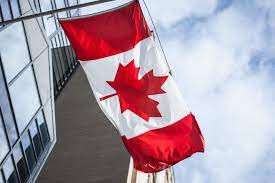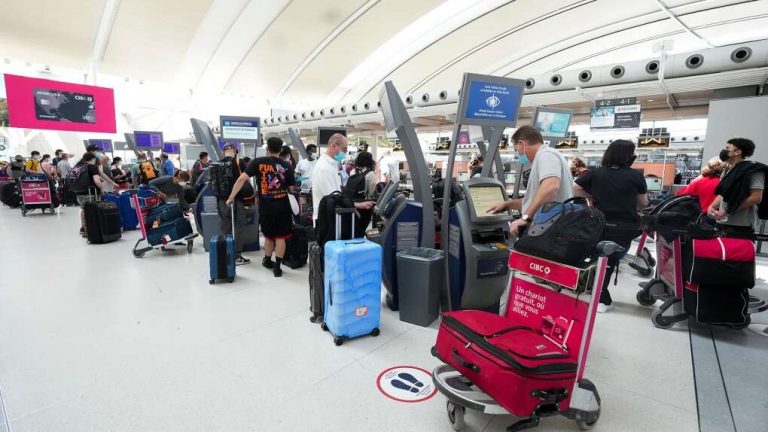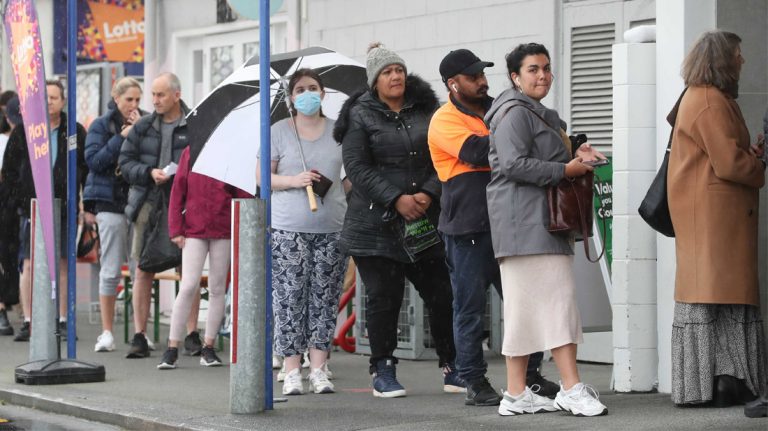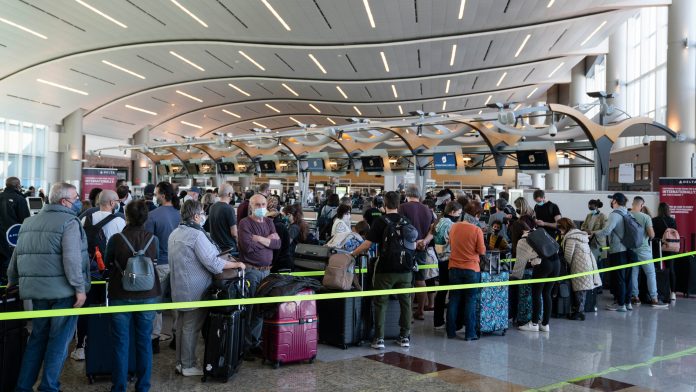Indian Evisa Expiry Date: What You Should Keep in Mind
Are you planning a trip to India and have already obtained your evisa? Congratulations! However, before you pack your bags and head off on your adventure, make sure you know all about the expiry date of your Indian evisa. In this blog post, we’ll dive into everything you need to keep in mind regarding the validity period of your visa so that you can avoid any unwanted surprises or complications during your travels. So sit tight and let’s get started! INDIAN VISA FOR NETHERLANDS CITIZENS
What is the Indian eVisa?
The Indian eVisa is an electronic visa that allows eligible foreign nationals to travel to India for business, tourism or medical purposes. The eVisa is valid for 60 days from the date of arrival in India and can be applied for online.
To be eligible for an Indian eVisa, applicants must hold a passport from an eligible country with at least six months of validity remaining. They must also have a return ticket and sufficient funds to cover their stay in India.
Once approved, the Indian eVisa will be electronically linked to the applicant’s passport. Upon arrival in India, travelers will need to present their passport, printed copy of the eVisa and a valid credit or debit card at Immigration. After clearing Immigration, travelers will receive an entry stamp in their passport which will serve as proof of their legal status in India.
The Indian eVisa can be used for multiple entries into India within its validity period. However, each stay cannot exceed 60 days. Upon completing their stay in India, travelers must submit a departure declaration form at the airport before departing the country.
How to Apply for an Indian eVisa?
There are many different types of Indian eVisas, each with its own requirements and application process. In general, however, the application process for an Indian eVisa is relatively straightforward. Here are the steps you will need to take in order to apply for an Indian eVisa:
1) Choose the type of eVisa you need. There are different types of Indian eVisas available, so make sure you choose the one that applies to your specific situation.
2) Fill out the online application form. This form will ask for basic information about yourself and your trip to India. INDIAN EVISA EXPIRY DATE
3) Submit the required documents. Depending on the type of eVisa you are applying for, you may need to submit additional documents such as a passport photo or proof of travel insurance.
4) Pay the application fee. All applicants must pay a non-refundable fee when applying for an Indian eVisa. Fees vary depending on the type of visa and how long it is valid for.
5) Wait for your visa to be processed. Processing times vary depending on the type of visa and the time of year, but most visas are processed within a few weeks. You will receive an email notification once your visa has been approved.
Eligibility Requirements for an Indian eVisa
To be eligible for an Indian eVisa, applicants must:
– Be a citizen of one of the eligible countries. A list of eligible countries can be found on the Indian Ministry of Home Affairs website.
– Have a valid passport with at least six months’ remaining validity from the date of entry into India.
– Hold a return ticket or onward journey ticket.
– Have sufficient funds to cover their stay in India.
– Meet the health requirements as stipulated by the Indian authorities.
Expiry Date of Your Indian eVisa
Your Indian eVisa will expire 90 days from the date of issue. After your visa expires, you will need to apply for a new one if you wish to stay in India. There are a few things to keep in mind when it comes to the expiry date of your Indian eVisa:
– You can only stay in India for up to 90 days on your eVisa. If you want to stay longer, you will need to apply for a new visa.
– You can apply for a new visa up to 60 days before your current visa expires.
– If you overstay your visa, you may be subject to a fine and/or deportation.
So, make sure to keep track of the expiration date of your Indian eVisa and apply for a new one if needed. And, always follow the visa requirements and regulations so that you don’t run into any problems during your stay in India.
Benefits of Having an Indian eVisa
If you’re planning a trip to India, you may be wondering if you need to apply for a visa. The good news is that, as of September 2020, citizens of over 160 countries can now apply for an Indian eVisa. This makes the process of getting a visa much easier and faster than it used to be.
There are many benefits to having an Indian eVisa, such as:
- You can apply for your visa online, without having to go to a consulate or embassy in person.
- The application process is quick and easy, and you’ll receive your visa within 72 hours.
- An eVisa allows you to stay in India for up to 60 days (90 days for some nationalities), which should be plenty of time for most visitors.
- You can enter India through any of its 26 designated airports or 3 seaports.
- An eVisa is valid for one year from the date of issue, so you can plan multiple trips within that timeframe if you wish.
Other Important Information to Know About Your Indian eVisa
When applying for your Indian eVisa, it is important to keep in mind the following:
-Your eVisa will be valid for a maximum of 60 days from the date of issue.
-You must enter India within 60 days of your eVisa being issued.
-Your eVisa allows for multiple entries into India within its validity period.
-You can apply for your eVisa up to 120 days in advance of your intended travel date.
Tips for Renewing Your Indian eVisa
If you’re planning a trip to India, it’s important to keep in mind that your Indian eVisa will expire after 60 days. Here are some tips for renewing your Indian eVisa:
-Make sure to apply for a new eVisa at least 4 weeks before your current one expires.
-When applying for a new eVisa, you will need to provide your current passport, a recent passport-sized photograph, and the required fee.
-You can apply for a new eVisa online or through the Indian embassy or consulate in your country of residence.
We hope these tips are helpful! For more information about the Indian eVisa, please visit our website.
Conclusion
Hopefully, this article has helped to answer some of your questions about the Indian Evisa expiry date and its associated regulations. It is important to remember that all evisas are subject to certain expiration dates; however, with a proper understanding of the rules and guidelines governing them, you can easily extend your stay in India. Be sure to thoroughly research any applicable visa requirements before traveling so that you can enjoy a safe and successful trip!






